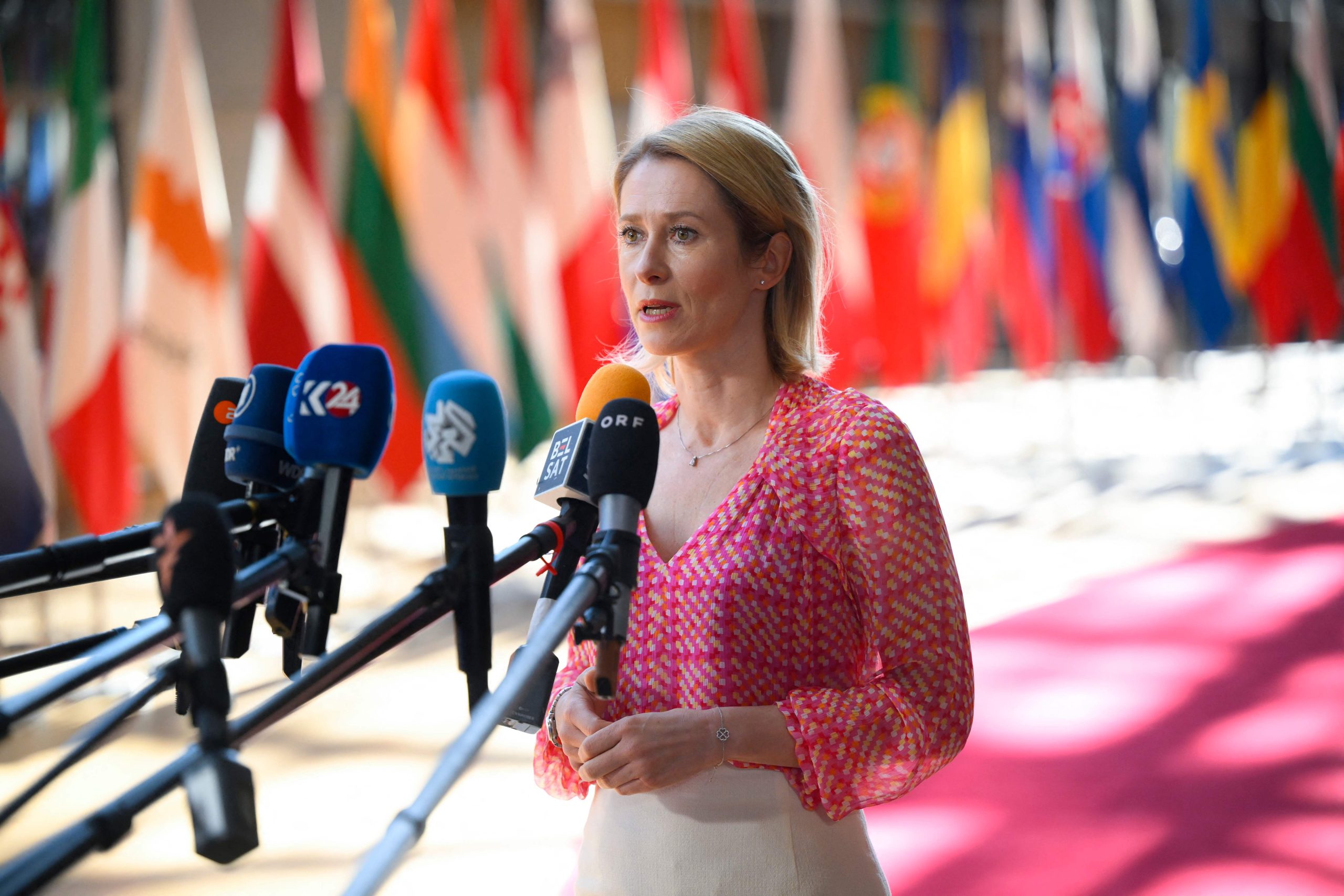Who is afraid of the free vote?

For the first time in 51 years, the Unique Party System that alternates between the Most Centro-Right (PSD) and the most center-left (PS) is in question. A part of the country, especially a certain left and the average, composed of a certain kind of elitist leftism and deeply disconnected from reality, was in shock. Surprise and disappointment are understandable. Something is failing in the Portuguese system’s political programs and practices, and the left message, particularly, finds less and less supportive. However, instead of reflecting on the failure of their proposals, what does the system do? Demon the opponent with fallacies, also attacking the voters who voted for him. This practice represents the denial of the very essence of democracy.
This same system promotes systematic propaganda that seeks to convince us that there is no possible alternative to oneself. Any divergent proposal can only come from obscure and dangerous forces.
It is important to make a realistic diagnosis about the electoral results. Why, in traditionally leftist zones, in the poorest population segments and in their regions, are leftist parties out? Why do your most fervent supporters disqualify those who choose different proposals, calling them ignorant, fascists and ignoble creatures?
Democracy is worth its ability to surprise us. And also for the freedom it gives to each citizen to make their choices. It is worth the diversity of parties, with different views on how society should be organized. These are characteristics that distinguish the democracies from dictatorships.
What system is this in which the average and certain groups arrog for the right to determine what each one should choose, attributing to the choices that consider unacceptable an unworthy character? This mindset is a pathology of democracies and a typical trait of totalitarian thinking. It is a mindset that is seen to itself as an exclusive holder of virtue: “I only know what good, democracy and justice is; Who doesn’t think how fascist is.
The essence of democracy, its greatness and also its fragility, lies in the principle that each person is worth a vote. Freedom of choice is total, and each one responds only to his conscience, without fear of punishment. The idea that the expression of the people can be rejected because it is not sufficiently ‘literate’ or ‘clarified’ would, to the limit, lead to the abolition of the electorate. Or the ban on parties that do not fit the ‘ideal party’ model.
In Portugal, the poorest areas-of fish tail to the Setúbal Peninsula, through certain zones of the Algarve Real, destroyed by decades of urban mismanagement and political party corruption-voted for arrival. Are these ignorant populations, or will they simply be wanting a voice, complaining that they prefer public services that work (transportation, schools, health centers) to proliferate neutral bathrooms, identity campaigns, racial penance and millions of euros channeled to a left -wing culture?
Are the elderly with miserable lives and young people without opportunities really concerned about the LGBT agenda or fossil carbon? Giving voice to the ordinary man is not just populism, but tell people that they exist and matter.




/s3/static.nrc.nl/images/gn4/stripped/data132517156-cf1f10.jpg)

